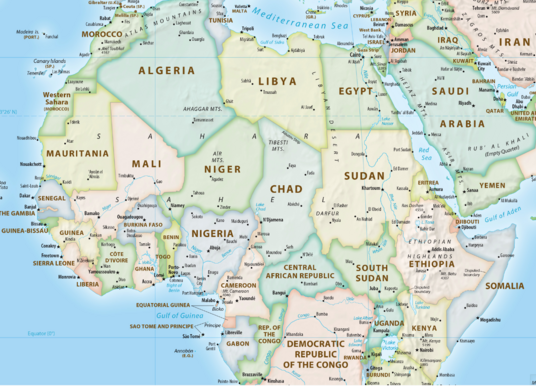
P096_Ethiopia_Burkina Faso_Kenya_Morocco
Enhancing Multiple Levels of Disaster Risk Management Professionalization
Cooperating countries: Ethiopia, Burkina Faso, Kenya, Morocco and Austria
Coordinating institution: Bahir Dar University, Zerihun Yohannes Amare, zerihun.yohannes19@gmail.com
Partner institutions: Debre Tabor University, University of Oahigouya, Maseno University, Cadi Ayyad University, University of Natural Resources and Sciences, Vienna (BOKU)
Project duration: 1 June 2023 - 31 May 2025
Budget: EUR 59.200
Abstract:
Climate change has intensified natural disasters, and Africa is particularly at risk of drought, flood, intrastate conflict and terrorism. A barrage of catastrophic events has already devastated the continent's population, including floods, powerful storms, intense heat and wildfires, drought, and starvation. Collaboration in knowledge generation is necessary for decision-making in complicated contexts. Jointly five African Universitiesfrom East and West Africa and the Maghreb region of North Africa higher institutions are represented by this project under the supervision of one Austrian institution, and BOKU will tackle critical issues, institutional capacity, inadequate legal frameworks, and lack of capacity and data to enable evidence-based and informed decisions in Disaster risk management (DRM). Based on multiple lines of research gap identification, the project focuses on enhancing Disaster Risk Management Professionalization at multiple levels, research-based training, and policy advocacy. Research-based training will reveal the potential for employee performance enhancement, productivity boost, and improvement of the organization’s risk conscious culture. Advocacy and awareness for DRM will be based on evidence (research results), and lessons learnt from research-based training through workshops will be integrated to mainstream the profession at several levels. Profession, therefore, contributes to strengthening practitioners' skills, knowledge and proficiency in advocating decision-makers and donors for better-informed decisions.
Key outputs include:
- Enhanced DRM skills of professionals in the target countries,
- Women, youth and diversity opportunities for excellence in DRM leadership
- Novel scientific dialogue culture
- Professionals DRM mainstreaming at all levels via information dissemination and advocacy
- Enhanced capacity of DRM resources at partner institutions
In addition, policymakers and stakeholders play a crucial role in helping to establish adequate legal frameworks to improve fair access to productive resources and reduce gender inequality.